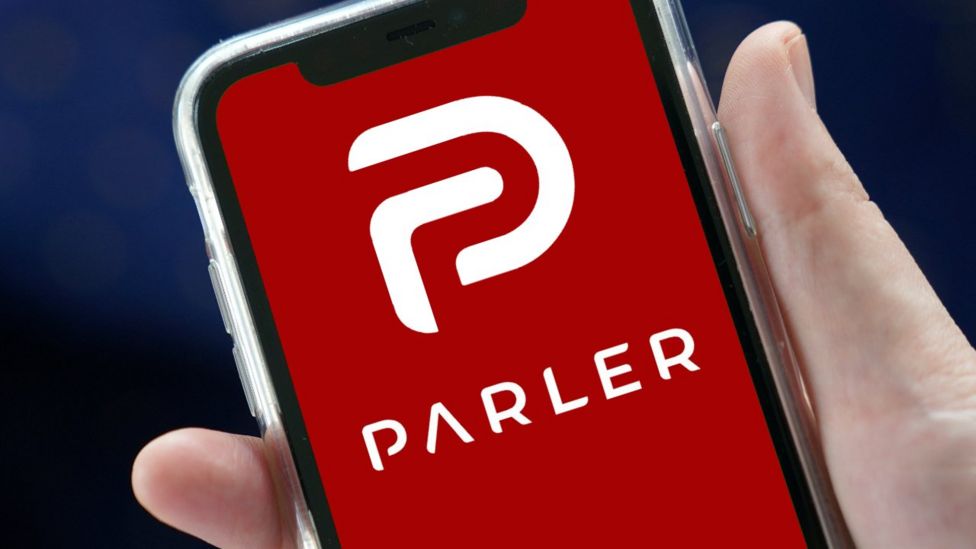Yesterday, Amazon, Apple, and Google shut down the popular Parler app. They and other social media companies are extinguishing freedom of expression at an alarming pace. They became so emboldened that they even censored the President of the United States from Facebook and Twitter.
Rahm Emanuel, President Obama’s Chief of Staff, famously said, “You never want a serious crisis to go to waste.” The internet giants had watched Parler’s surging popularity with growing alarm. When nearly a million Americans converged on Washington to protest severe presidential balloting irregularities, the titans were ready to pounce. When a few of Parler’s many postings spoke literally or figuratively of illegal acts, they deplatformed Parler.
Parler had already become a billion-dollar company–one whose platform allowed free expression. Internet giants dislike free expression. They intend to block conservative views on controversial subjects, such as immigration and global warming. They envision a world of global consensus–not a world of competing ideas.
The current wave of censorship began with a 2018 experiment by several dominant internet firms. In that year, YouTube, Apple, Facebook, Spotify, and PayPal acted in concert to crush the popular but controversial Alex Jones show. The show had an enormous following, but Jones’s views were controversial. He presented them in a gritty fashion that irritated some people. Most importantly, he disputed the left’s dominant views on things like climate change, gun control, immigration and mandatory vaccinations.
The pretext for removing Jones was an admittedly false report on a school shooting. But that was merely a convenient smokescreen for censorship. When a show has millions of listeners, internet firms can selectively block shows if they perceive adverse legal implications. After Jones removed the offending material, he remained censored.
The Alex Jones experiment succeeded. It established that, acting in concert, internet giants could destroy competition without provoking unmanageable backlash from Congress or the courts.
Free speech, as envisioned by the U.S. Constitution, should not be reliant on accuracy or on popularity. If that were the standard, the 1st Amendment would be unnecessary. Speech that is acceptable to everyone is even permitted in tyrannical societies. The 1st Amendment fosters communication of political ideas that are not universally popular. That is its purpose.
The world’s transition to the computer era should enrich the free exchange of ideas. Instead, it is extinguishing freedom. Internet giants like Amazon, Google, Facebook, Twitter, and PayPal are virtual monopolies. They are intensely anti-competitive and hostile toward freedom of thought and expression. They have seized control of the means of communication–giving them a virtual veto over politics and ideas.
America cannot remain free if citizens are denied the means to communicate among themselves. The U.S. now has a unipolar government run by a single political party. Unless the courts act to defend free expression, it may disappear entirely.
# # # # # #

